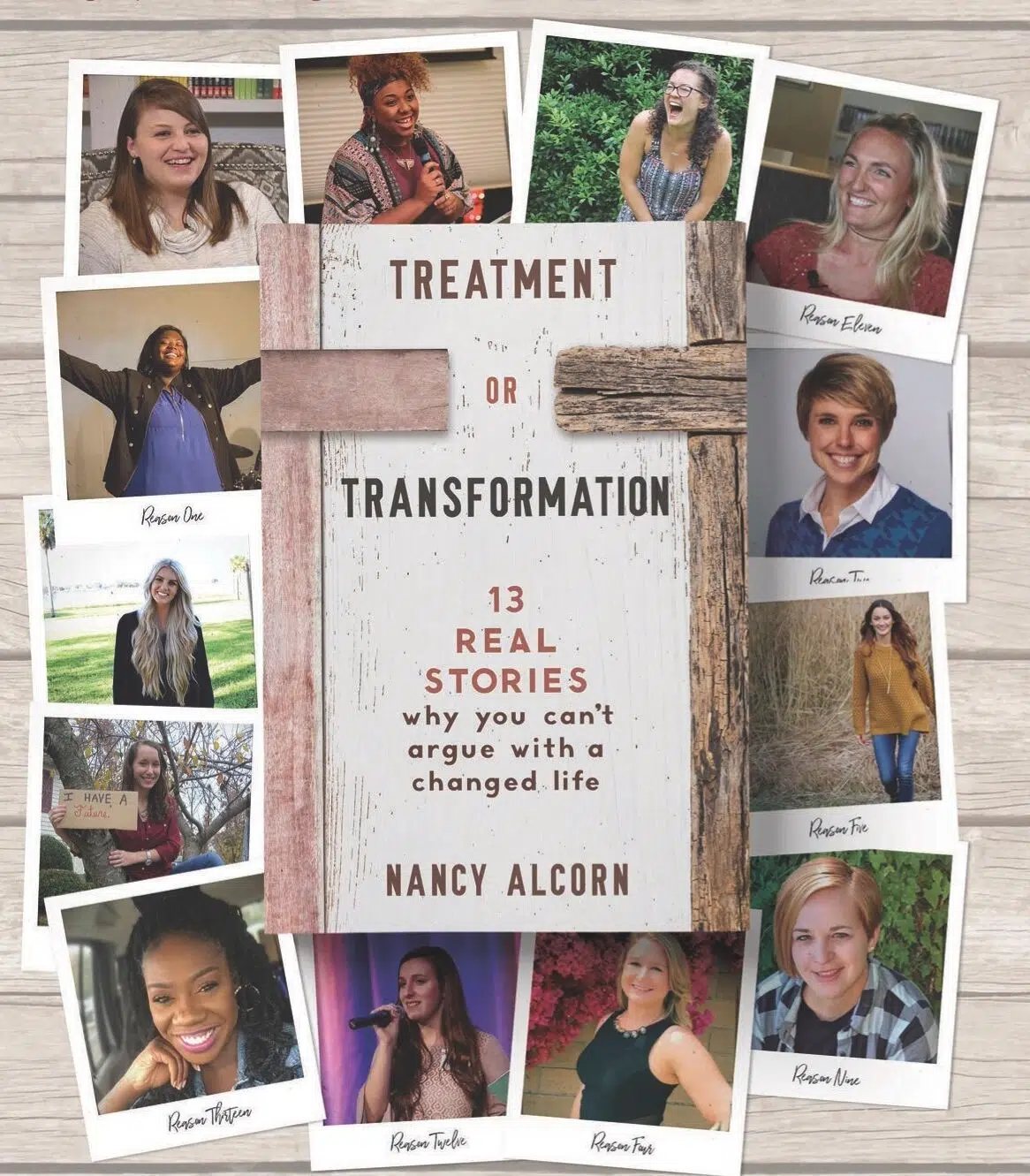
In early 2017 I began hearing about a new Netflix series called 13 Reasons Why and a friend of mine encouraged me to watch the first season. I was deeply impacted by this series as I quickly realized how many of the young women who walk through the doors of our residential homes have similar struggles as the girl featured in the series. I was inspired to write my new book, Treatment or Transformation: 13 Real Stories Why You Can’t Argue With a Changed Life to share 13 stories of young women who have experienced a very different outcome than the girl featured in 13 Reasons Why because they chose to reach out for help.
Mental health is something people are talking a lot about lately. Through our work with hurting young women over the years at Mercy Multiplied, we’ve come to recognize a few ways that parents can be aware of whether or not their child is hurting and in need of help and support.
Parents face so many distractions and stress from day to day that it can be difficult to know what is normal for their child and what they have simply accepted as “normal.” Take the time to really evaluate your child’s behaviors so you can better distinguish between the two. While we as adults can (hopefully) be self-aware and notice when we are not okay, children usually do not have that capability.
It’s also important for parents to connect with their children at a heart level and not just focus on managing their behaviors. Being in a relationship with them where parents can see the big picture and can nurture and coach them as they grow and mature is vital.
One of the main things I’ve seen repeatedly over the last 36 years in our residential counseling program for young women, is that often well meaning, loving parents, just simply missed the heartbreak their child was going through. They were so focused on trying to change the outward behaviors that they were not able to see the deep-rooted hurts causing these behaviors. Once the parents recognized what was happening, they have often shared with me, “I have no idea how this happened!” or “How did I miss that she was being abused?” That’s a very scary place to be as a parent.
No parent is perfect, but there are some things you can do to stay aware of whether or not your child is having a difficult time.
Pay attention.
This seems simple, but as I already shared, the day-to-day stress of life can easily distract us. Pay attention when your child comes home from school, from their friend’s house, or even a family member’s house. Ask questions, and if something feels “off” do not hesitate to dig deeper.
Make sure that your children know you are a safe place.
One important key to supporting a child who is struggling with an issue is to not dictate to them how to do things differently. Sometimes, they need you to listen without offering advice. Also, encourage them to think through the situation with you. When you are seen by your kids as a safe place, they will come to you. They will share what’s on their hearts when they know that you won’t immediately try and change their minds or tell them how to feel.
Do not sit in shame.
If you’ve missed some signs that your child is having a difficult time, one of the least effective things you can do is spend time feeling terrible about it. It is not possible to know everything. Even when you create a safe space, sometimes you just miss things. Maybe your child doesn’t even recognize what they should communicate. Or maybe you didn’t handle them telling you what was going on very well. Whatever it is, accept it and decide to do things differently next time. When your child is hurting, they just need to know you are there to love and support them. They don’t need you to be perfect.
In my book, Treatment or Transformation: 13 Real Stories Why You Can’t Argue With A Changed Life, there are several stories of young women who grew up in stable and loving families, but for one reason or another, encountered pain that resulted in deep-rooted hurts. Sometimes the pain and difficulty of living in a broken world can result in needing help beyond what parents can provide. The book shares practical ways that these hurting young women found healing and transformation through Jesus Christ, and my prayer is that this book will encourage anyone – male or female, young or old – that freedom is not just available to those who are residents in one of the Mercy homes. It’s available to all!
Please visit mercymultiplied.com to get free resources and help for someone you love or to order your copy of my new book.
 Nancy Alcorn is the Founder and President of Mercy Multiplied, a free-of-charge, faith-based residential program for young women struggling with life-controlling issues ages thirteen to thirty-two with multiple locations in the United States and in other nations around the world. After working for the state of Tennessee in a correctional facility for girls and investigating child abuse cases, she founded Mercy Multiplied in 1983, determined to establish a program in which lives would truly be transformed. Today, Mercy not only serves young women at their residential facilities, but it also serves both men and women of all ages through its Outreach services. Through Outreach, Mercy offers life-changing principles of freedom through a variety of training, tools, and resources.
Nancy Alcorn is the Founder and President of Mercy Multiplied, a free-of-charge, faith-based residential program for young women struggling with life-controlling issues ages thirteen to thirty-two with multiple locations in the United States and in other nations around the world. After working for the state of Tennessee in a correctional facility for girls and investigating child abuse cases, she founded Mercy Multiplied in 1983, determined to establish a program in which lives would truly be transformed. Today, Mercy not only serves young women at their residential facilities, but it also serves both men and women of all ages through its Outreach services. Through Outreach, Mercy offers life-changing principles of freedom through a variety of training, tools, and resources.
















